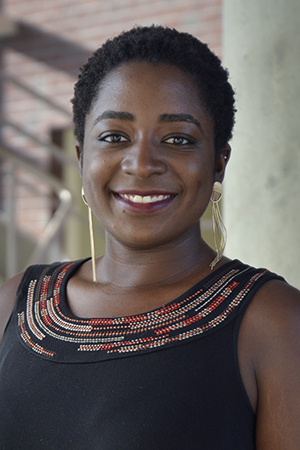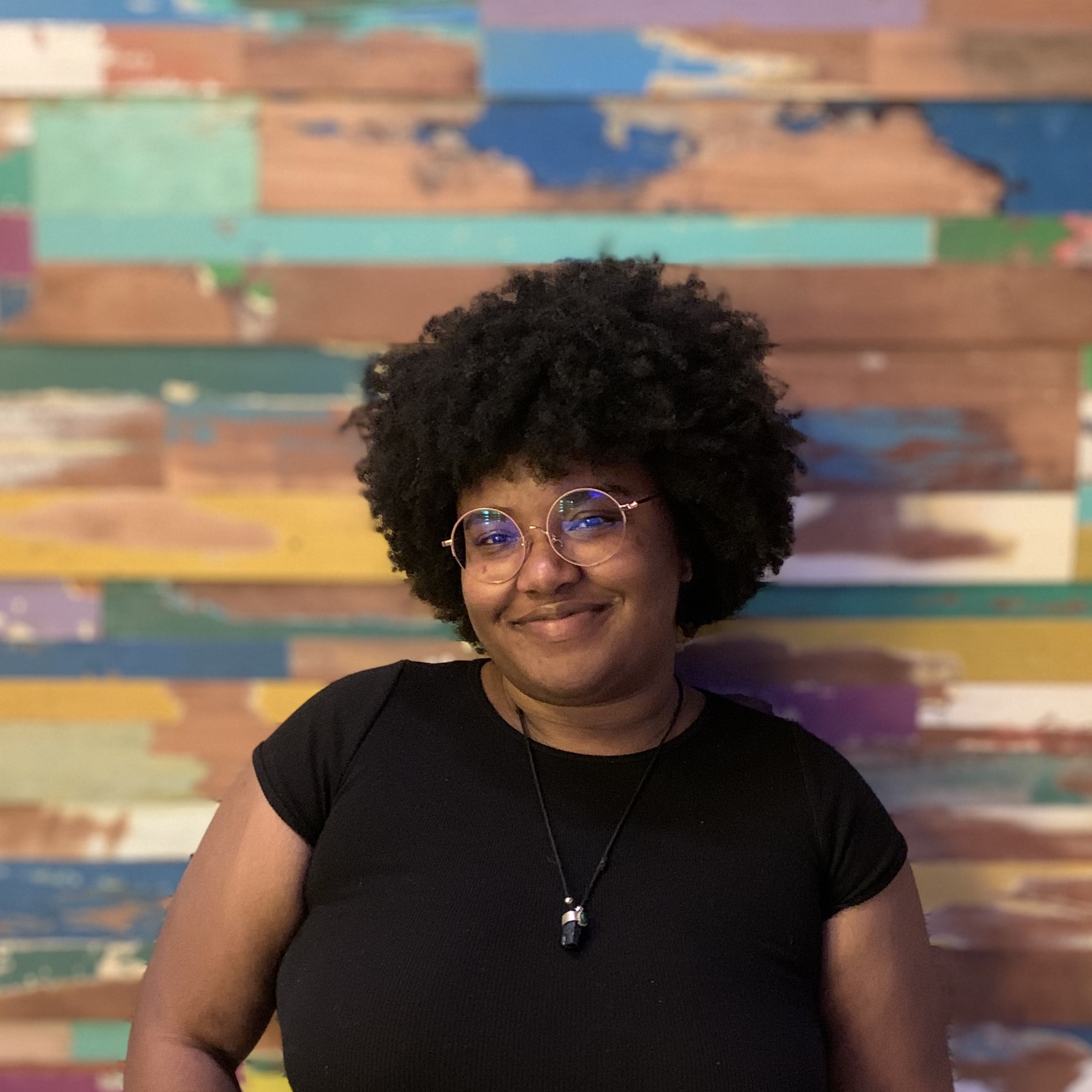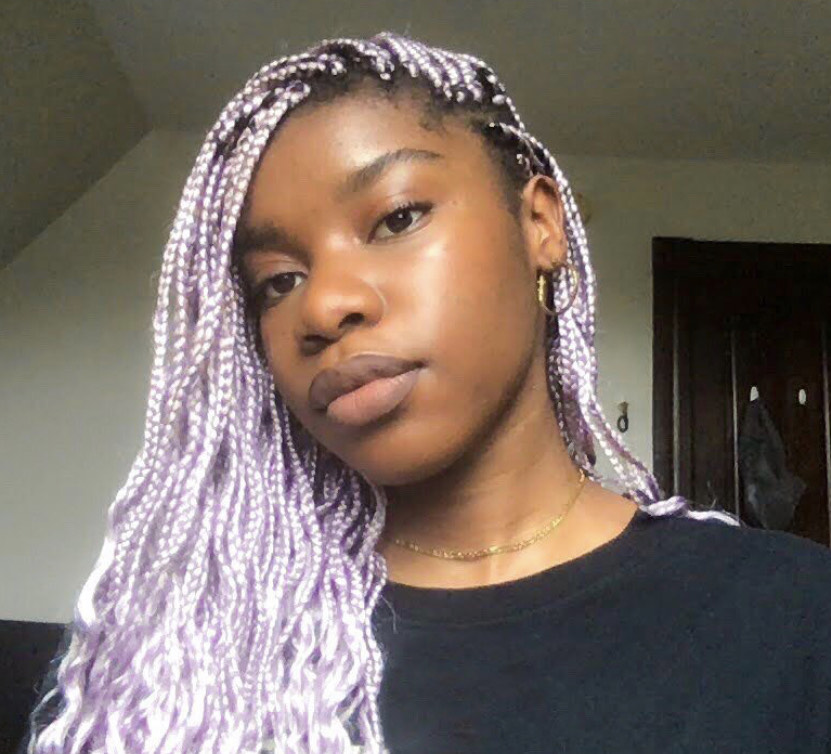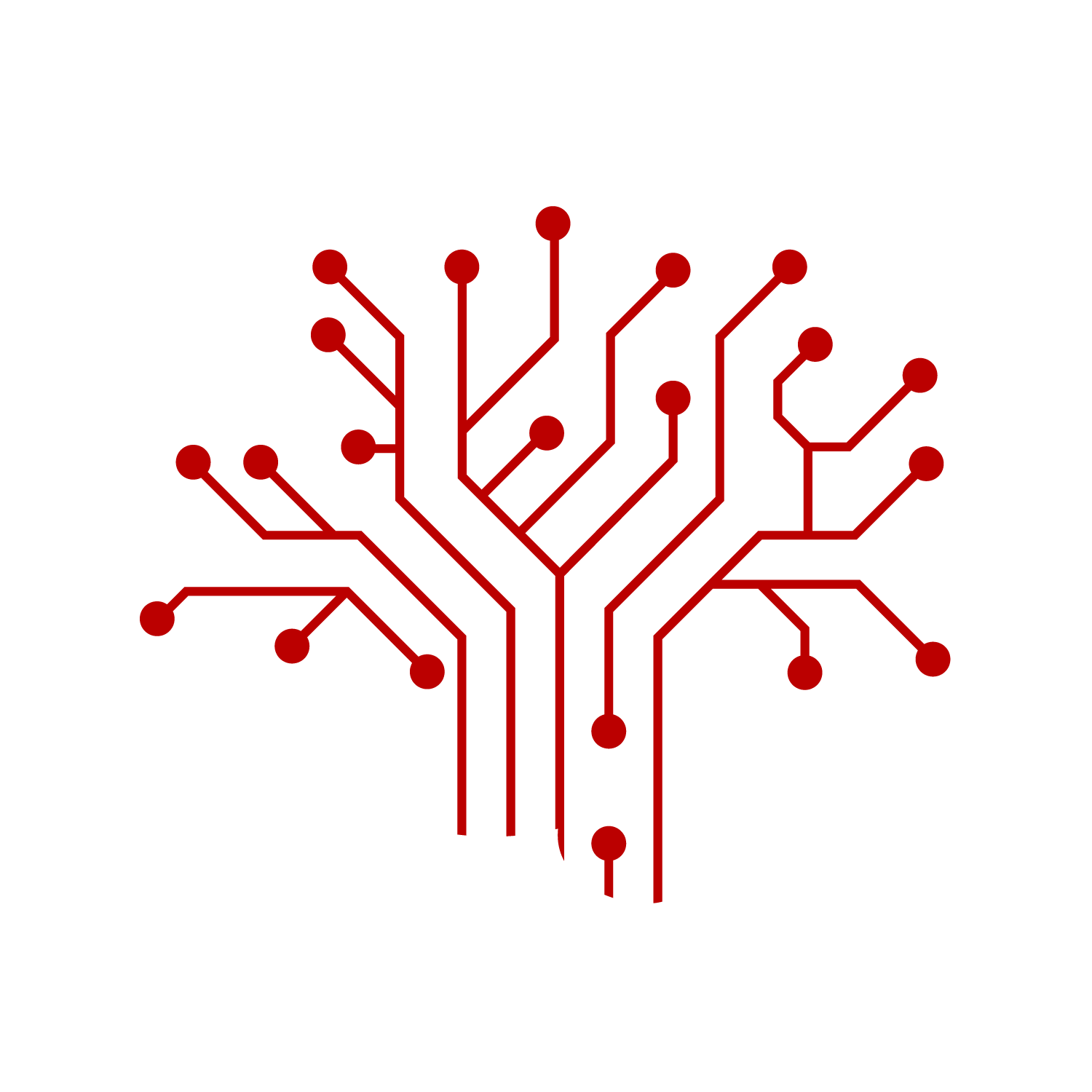NI Researchers at Black in Neuro
By Caroline Sheedy
Carnegie Mellon University neuroscience was well represented at Black In Neuro Week 2021, the second annual celebration of Black excellence in neuroscience related fields.
Sossena Wood, a current presidential post-doctoral fellow who will transition to assistant professor in January 2022, gave the keynote address. In her talk, “The Fruit of the First,” she discussed her experiences being the first in her family to go to graduate school.
“I wanted to give some insights from my mountaintop experience,” Wood said. “I’ve been able to get my Ph.D., I’m finishing up my postdoc, and beyond. It’s easy to see success, but sometimes what you don’t see is the experiences you have in the valley, feeling isolated and frustrated. I wanted to share my experiences with you and how I leveraged them to finish my Ph.D.”
Wood’s lab will develop imaging techniques and data analysis that could help manage and treat diseases such as sickle cell disease, diabetes and stroke. In her keynote, she provided an overview of the research journey that brought her to this point.
Several of the week’s talks discussed systemic biases that exist in neuroscience. In a panel discussion on inclusive neurotechnology, CMU’s Jasmine Kwasa and Arnelle Etienne discussed how developing more socially just and inclusive technologies affects research.
For example, the researchers discussed the problem of using electroencephalography (EEG) on people with naturally thick or curly hair. EEG allows researchers to detect abnormalities in brain waves but relies on hardware that fits very close to the scalp. Etienne, a research associate in the Grover Lab and co-founder of startup Precision Neuroscopics, discussed her work on developing braiding techniques and devices that work with EEG to allow for better connectivity.
“EEG was developed about a hundred years ago,” Etienne explained. “At that time people like me were not really considered. They were designing for the norm, which was the white person with straight hair.”
Kwasa is an auditory neuroscientist and joint postdoctoral researcher in the Neuroscience Institute’s Lab in Multisensory Neuroscience and the Grover Lab. She studies auditory “selective attention,” or the ability to listen to one sound among many other sounds. On the panel, she spoke about how she realized at her graduation from Boston University that she would not be able to conduct EEG experiments for her research on her own family.
“It was heartbreaking that I hadn't realized that there wasn't a lot of inclusion in my field,” Kwasa said. “Now I'm working at the intersection of all of these issues ... Now I consider myself an ethicist. I’m a neuroscientist. I’m an engineer. I’m an educator, but I’m an ethicist.”
In another session, Evangeline Mensah-Agyekum, an undergraduate student in the College of Engineering, joined Etienne for a discussion between EEG researchers and Black hair stylists who are working to make EEG more inclusive. Mensah-Agyekum talked about her experience cornrowing children’s hair so that EEG could be used in an epilepsy unit at UPMC Children’s Hospital of Pittsburgh. She said that scientists can be more inclusive in their research by making sure to go out into communities.
“[Researchers should] gain a better understanding of the ways in which the community works as well as how our hair texture works, all while still being mindful and open and respectful of the people within that community and the information that they're receiving,” Mensah-Agyekum said.
Additional sessions from Black in Neuro Week can be found on their YouTube page.




